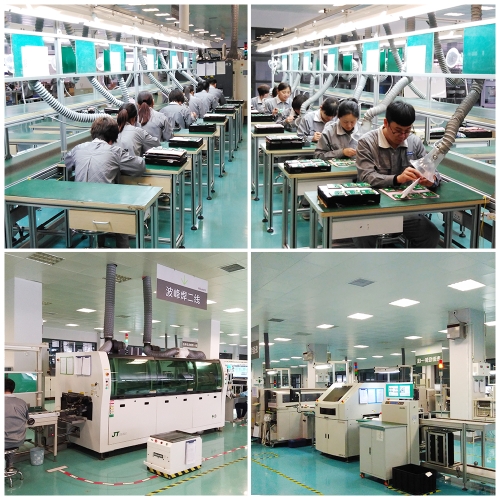UPB Biodiesel Production Pilot Plant Didactic Equipment
Biodiesel is a liquid fuel obtained by transesterification from renewable raw materials such as, for instance, vegetable oils or animal fats. If compared to fossil fuels, this type of fuel offers a lot of advantages:
Very low content of sulphur (< 0.001%) that provokes the phenomenon of acid rains
Reduction of dust emissions down to 50%
Absence of benzene and of other carcinogenic components
As it has a high flash point, it is not classified as dangerous material, consequently it can be handled easily and safely
High biodegradation (in case of dispersion it does not pollute)
High lubricating power (it reduces the wear of engines)
It develops a closed loop of CO2 (the quantity of CO2 released by its combustion is equal to that absorbed by plants from the air during their growing process).
Training program

This unit enables to deepen the following issues:
• Transesterification of a vegetable oil
• Separation of glycerine
• Washing of biodiesel
• Restoring methanol
Technical specifications
• Framework of AISI 304 stainless steel with castors
• Multi-function reactor of borosilicate glass and AISI 304 stainless steel, with capacity of 18 litres, equipped with motor-driven stirrer and condenser
• Heating system by electric heaters, provided with thermostat
• Tank of borosilicate glass and AISI 304 stainless steel for reagent/catalyst, including stirring system
• 2 restoring tanks of borosilicate glass
• Switchboard IP55, complying with EC conformity mark, including plant synoptic and ELCB
Supply with
THEORETICAL – EXPERIMENTAL HANDBOOK
